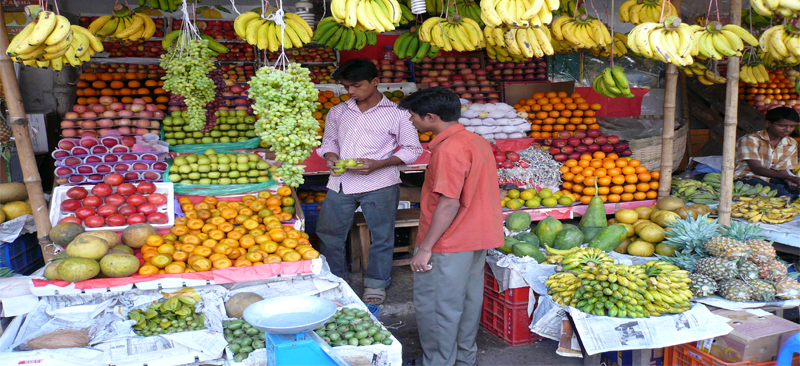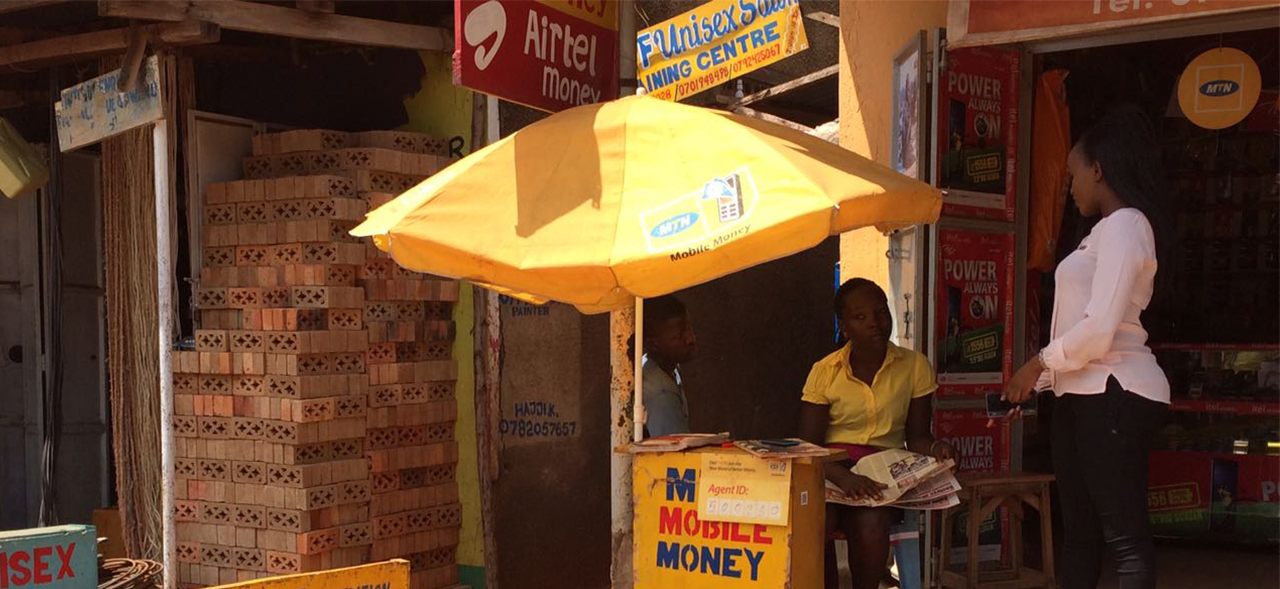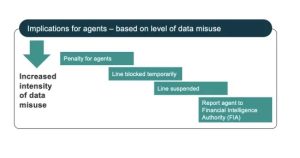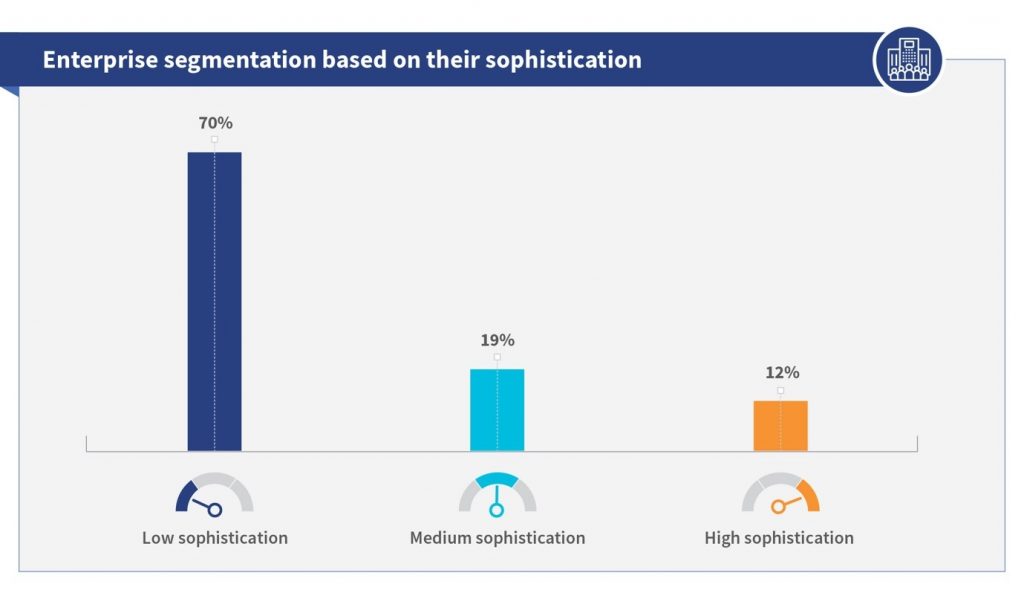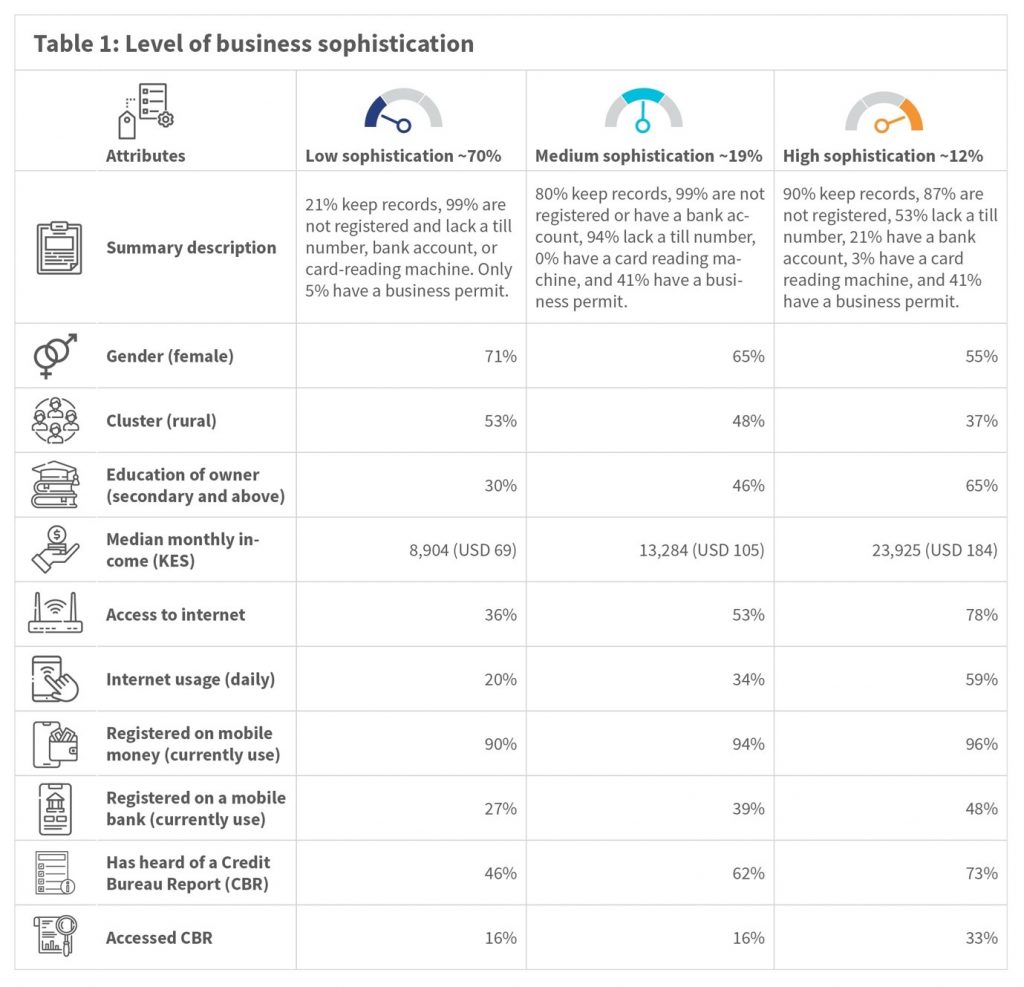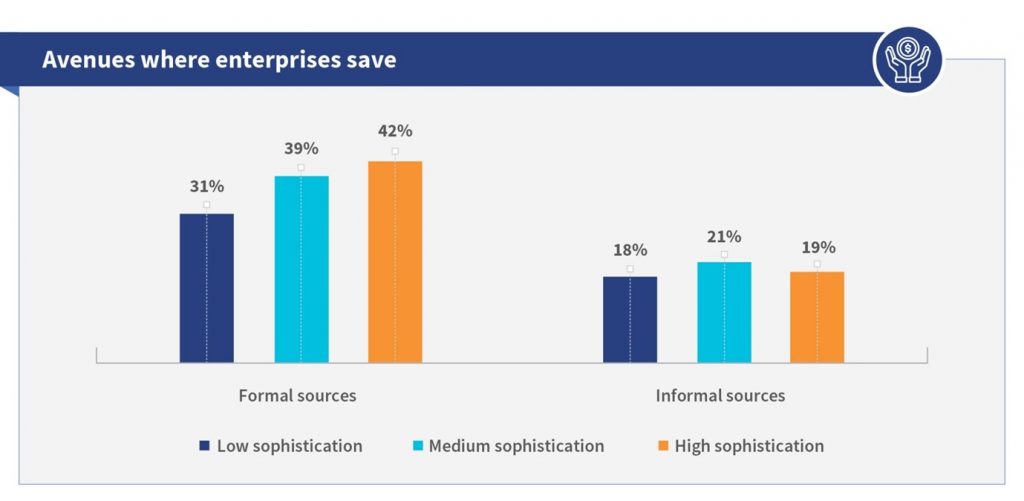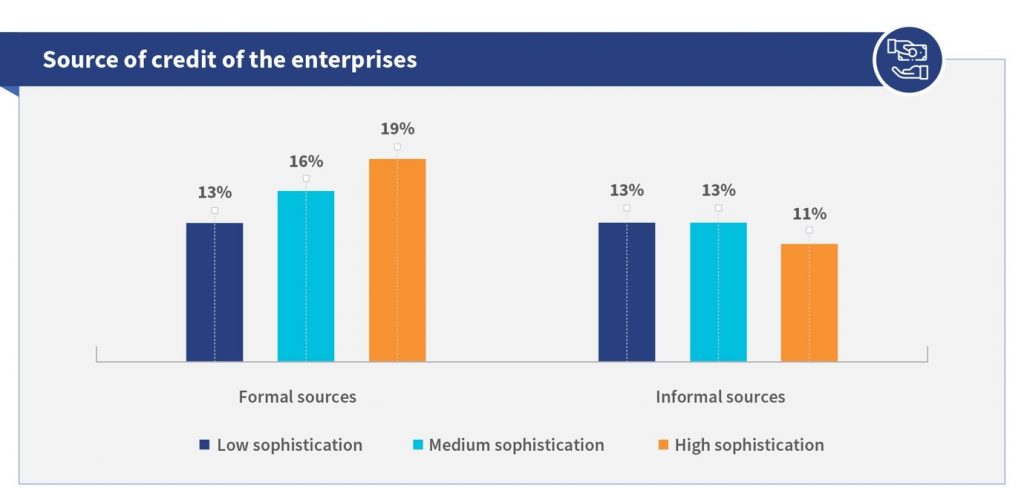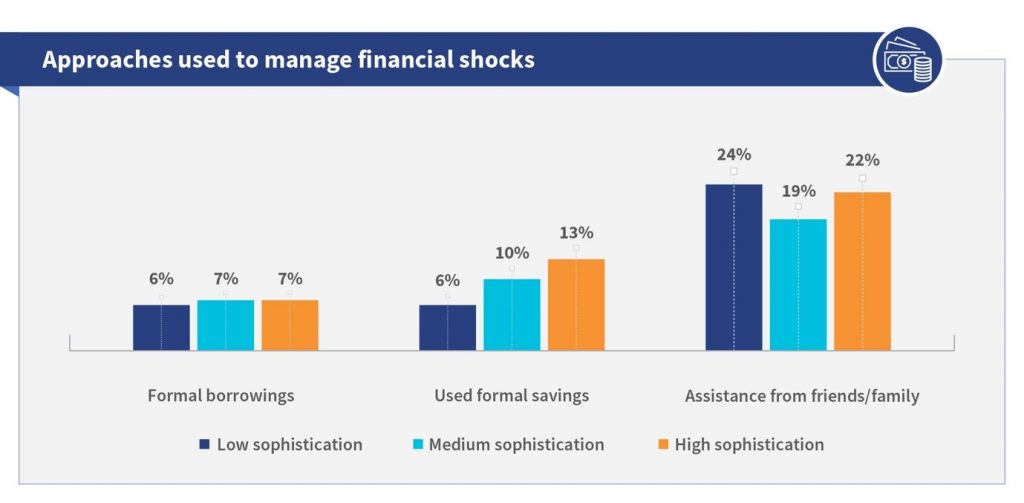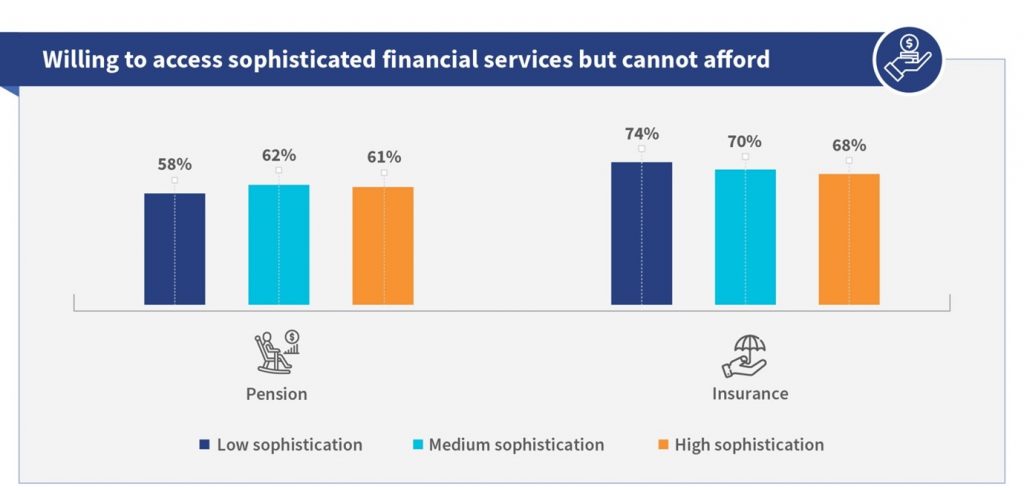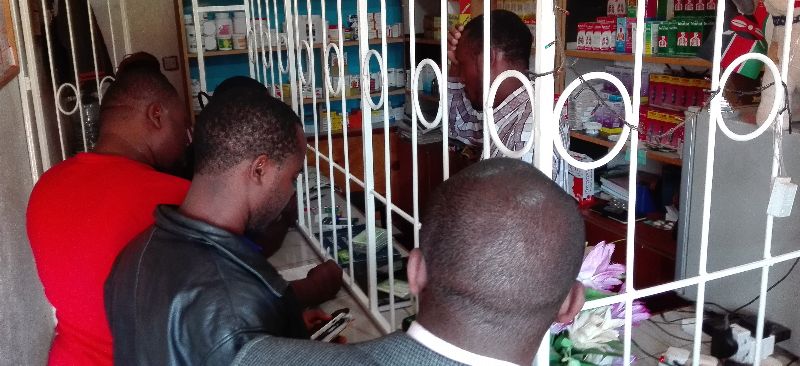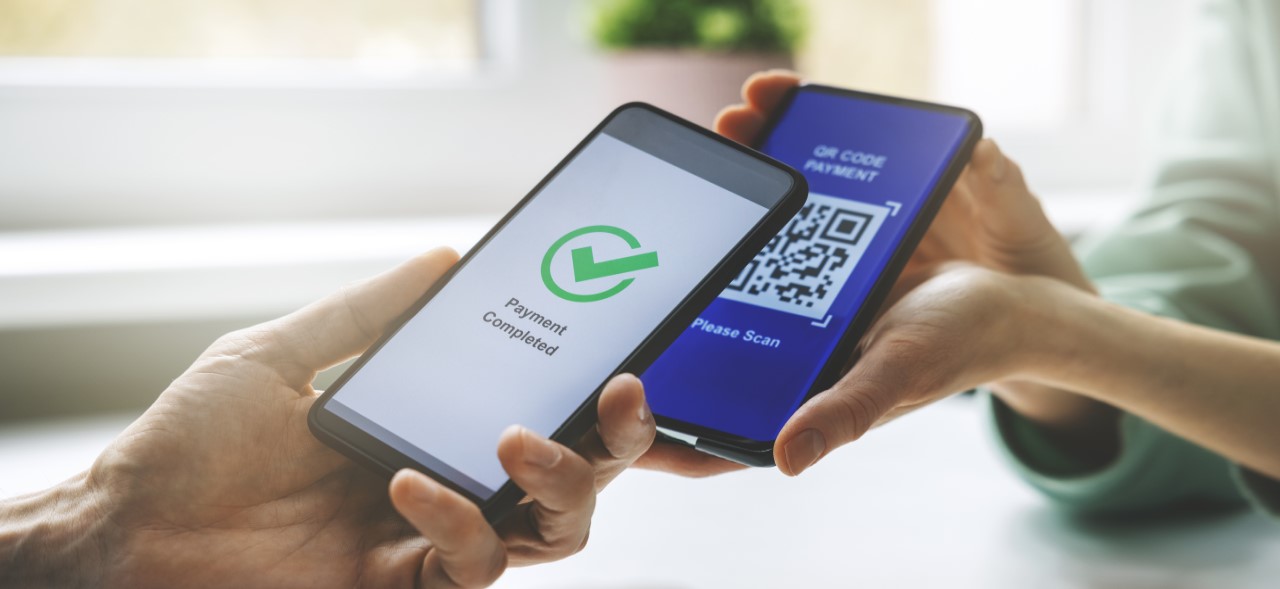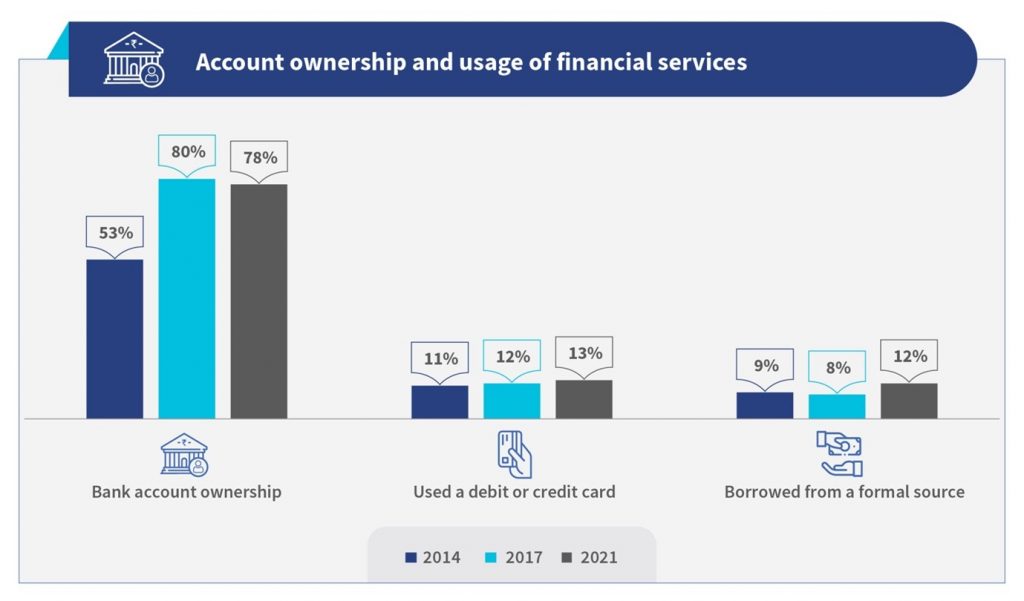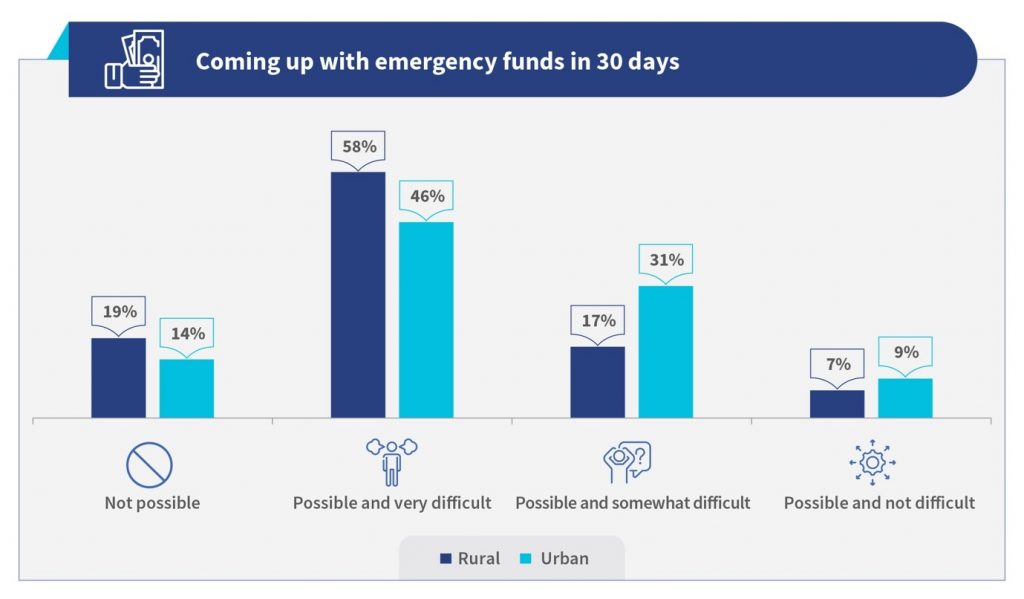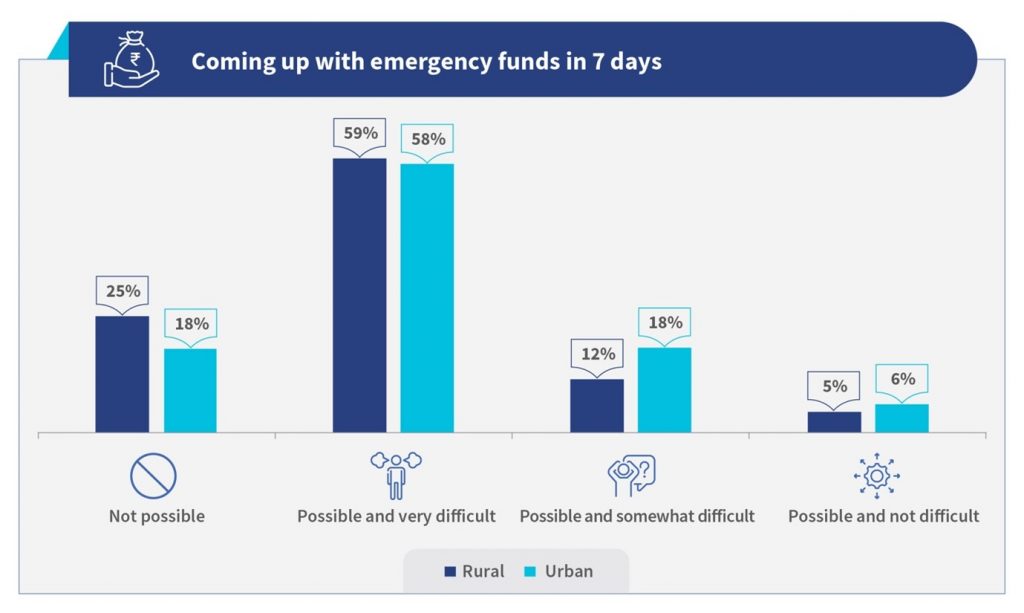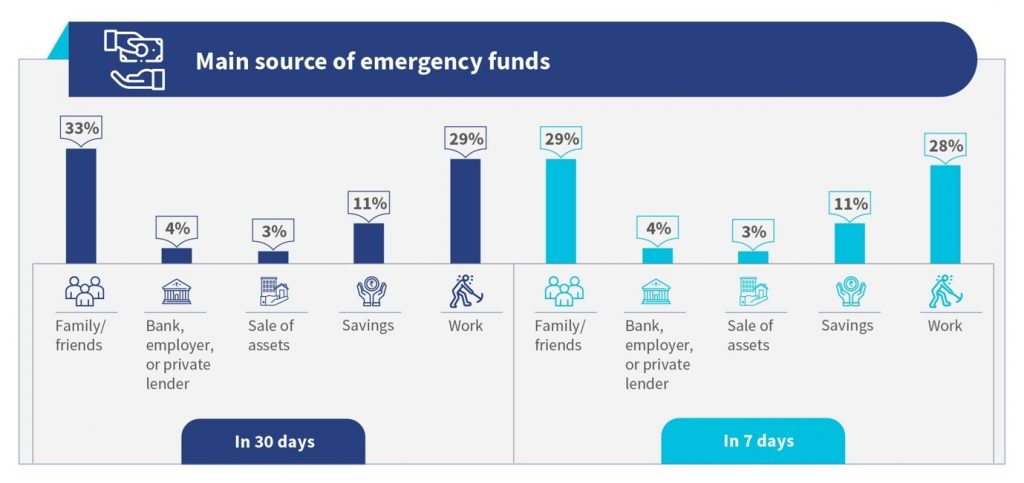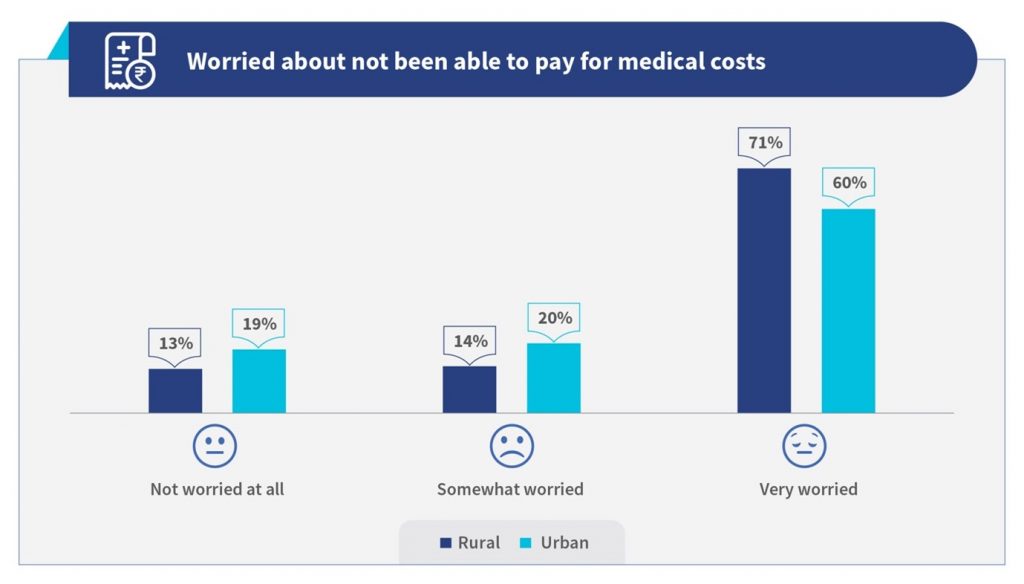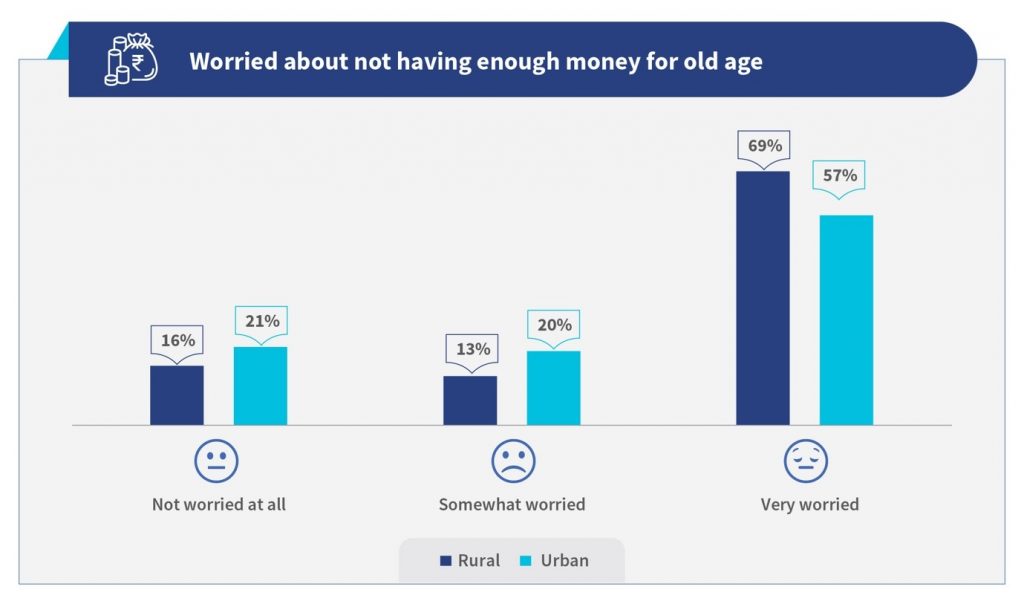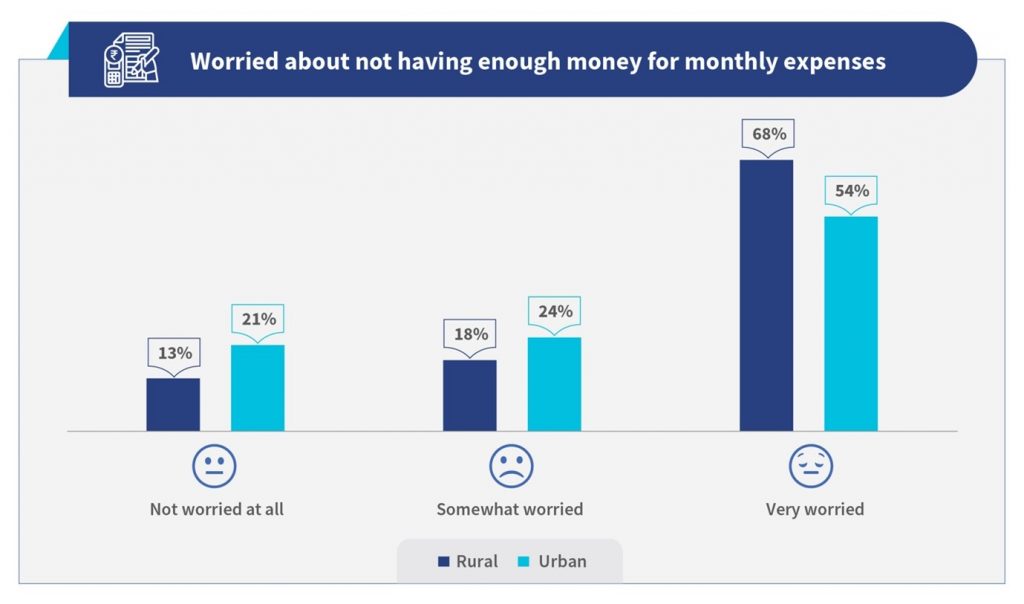00:32 – 05:25 – Welcome note by Rahul Chatterjee, Senior Manager, Data & Insights, MSC.
01:21 – 02:27 – Introduction of Stuart Rutherford, Lead, Hrishipara Daily Diaries project.
02:28 – 03:26 – Introduction of Daryl Collins, Founder & CEO, Decodis.
03:28 – 04:24 – Introduction of Raunak Kapoor,Senior Manager, Indonesia programs, MSC
04:25 – 05:25 – Introduction of Anne Marie Van Swinderen, Founder & Managing Director, L-IFT.
05:37 – 05:46 The moderator asks the first question: Stuart, how did you develop the idea of financial diaries research? Has your approach to conducting diaries research changed since you started it? If yes, how?
05:50 – 07:50 Stuart answers, “David is the father of financial diaries, as he suggested the name.”
08:48 – 11:03 Stuart explains, “The first diaries focused on answering one question—do poor people have a financial life? Since then, the research question has become much broader.
11:13 – 11:25 The moderator asks the second question: Anne Marie, L-IFT has used Diaries research for quite some time. What are your thoughts on the feasibility of the Financial Diaries research methodology and its applications to a wide variety of research?
11:26 – 17:17 Anne Marie answers, “Financial diaries is a feasible research methodology that offers a two-way communication channel. After a certain period, participants come to you with questions and suggestions. Financial diaries projects help people make data-driven decisions. The diaries method can be used in various thematic areas, such as energy use, refugee issues, health implications, and mixed-livelihood strategies.”
17:51 – 18:51 Stuart comments, “The wheel has come full circle now, as sociologists used diaries as a sociological inquiry method in the past.
19:04 – 19:22 The moderator asks the third question: Daryl, you have managed country-focused financial diaries research, such as the Kenya financial diaries, and thematic area-focused diaries research, such as the smallholder farmers’ diaries. How are they different from each other? What points shall the researchers keep in mind while implementing them?
19:30 – 24:00 Daryl answers, “We could get regular data faster by sacrificing data granularity using technology. And for certain diaries research, you need specific tools—for example, a crop tracker for the farmers’ diaries.
24:26 – 24:47 The moderator asks the fourth question: Raunak, you have conducted two diaries research projects on enterprises in Indonesia—one on small corner shops and another on small firms. How do you think this helped the enterprises in improving their businesses? Has it also provided any input for enterprise owners to use their data efficiently for business development?
25:22 – 28:12 Raunak answers, “People became more aware of their financial behavior by maintaining diaries and also became confident in using digital tools. Many diarists continue to maintain diaries even after the project ends.
28:32 – 29:00 The moderator asks the fifth question: Stuart, you lead one of the world’s longest-running diaries research in Hrishipara that has been going on for more than seven years. How did you use this opportunity when COVID-19 started? Could you use the Hrishipara Daily Diaries Project to generate new insights about the impact of COVID-19 and how people coped with it? What plans do you have with the Hrishipara Diaries to unpack nonfinancial aspects of the lives of the diarists?
29:05 – 35:00 Stuart answers, “The Hrishipara Daily Diaries project could capture the financial life of the diarists before, during, and after COVID-19. The project could capture interesting insights, including the ‘Lives Day by Day’ section.”
35:24 – 35:39 The moderator asks the sixth question: L-IFT has been involved in a global project, small firm diaries, and a corner shop project across 11 countries. With that experience, what do you believe would be or should be the role of financial diaries research in the future?
35:46 – 40:50 Anne Marie answers, “[Financial diaries] will be more beneficial to the participants than the organization to manage and plan their financial behavior by maintaining diaries. It has the potential to provide data empowerment and help micro businesses develop their credit history.”
41:10 – 41:30 The moderator asks the next question: Raunak, you manage the diaries research in Indonesia on CICO agents. Why did you opt for a diaries approach for this? How do you think the insights from the agent diaries research will help policymakers, regulators, and financial service providers? What prospect do you see for this in the future?
41:35 – 46:05 Raunak responds by highlighting key insights from the agent diarist projects and how agent diaries can help service providers and policymakers test hypotheses.
46:27 – 46:51 The moderator asks the last question: Daryl, diaries research is a costly and resource-intensive affair. We know you have been experimenting with technology to optimize resource use. What lessons have you learned from this exercise? How do you foresee the role of technology in the future of diaries research?
46:57 – 52:00 Daryl responds, “Using technology, we can have a much larger sample size for diaries and qualitative research. Diaries can also be used to understand the nutrition practices of the people.”
52:28 – 55:19 – Summary of notes by Rahul Chatterjee, moderator of the session and Senior Manager, Data & Insights, MSC.
55:20 – 01:20:40 – Addressing questions from participants
01:21:05 – Note of thanks by Rahul Chatterjee
